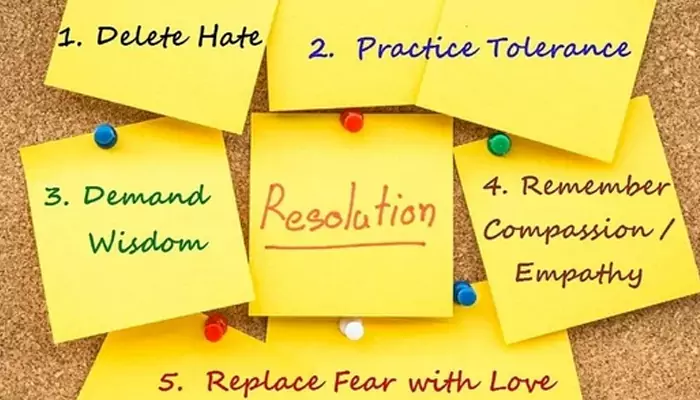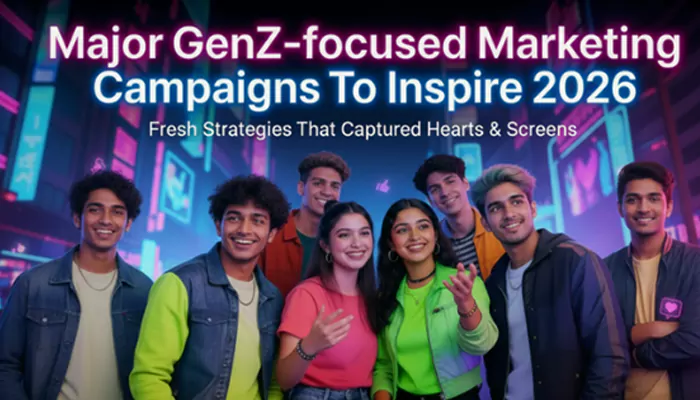One Prompt a Day to Make Life Easier: How to Crack Career Confusion with AI Guidance
- Sayan Paul
- 8 months ago
- 4 minutes read

When you know what to ask, AI knows how to guide.
AI can be your guide almost everywhere, but the magic lies in how you ask. The better your prompt, the better the response. Prompt engineering is a simple but remarkably powerful skill that helps you frame your questions so that AI understands exactly what you need. Now, let’s talk about something that leaves many of us scratching our heads: career decisions. What if you could talk through your confusion with a smart assistant like ChatGPT? Whether you’re thinking of switching fields, feeling stuck, or wondering which skills to pick up next, it can offer guidance. But once again, it all comes down to your prompt.

So, how do you frame the right prompt for career clarity? In this story, we break it down and share an example to get you started.
Start with Clarity: What to Include in Your Career Prompt
Alright, don’t just type “What should I do with my career?” and expect a life-changing answer. Consider it like talking to a really smart friend who doesn’t know you yet. The more context you give, the better the advice you’ll get.
Begin by mentioning where you are right now, including your current job or field, what you’ve studied, and what skills you already have. Then, talk about what’s bothering you. Are you feeling stuck? Looking for growth? Want to switch careers but don’t know where to start?
Be honest about your interests, strengths, and even your doubts. Mention your goals, both short-term and long-term. And don’t forget to say what kind of help you need: career options, skill suggestions, job roles, or even resume tips.

And most importantly, be specific, and not vague. Remember, the prompt is your side of the conversation, so make it count. Because once you know what to ask, the answers will start making sense.
The Perfect Prompt: An Example for You
Let’s say you’re 29, working in sales for the last five years, but lately, it’s just not clicking. You’ve lost interest, feel like you’ve hit a ceiling, and keep wondering if you’re even in the right field. You’re good at communication, enjoy creative work, and love brainstorming new ideas, but you're unsure how to turn that into a meaningful career shift.
So here’s how you might ask an AI chatbot (for example, ChatGPT):
Prompt:
Act like a career consultant with over 20 years of experience. I’m 29 and currently working in sales, but I’m feeling stuck and unfulfilled. I’ve been in this role for 5 years and while I’m good at communication and client handling, I find myself more drawn to creative thinking and idea generation. I’m considering a career change but don’t know which fields or roles might suit me, or what skills I need to learn. Can you help me explore career options that align with my strengths and interests, and suggest a learning roadmap to make the transition smoother?

That’s the kind of prompt that gets you real, useful answers.
Fine-Tune Your Prompt: Extra Tips to Get Even Better Result
- Update as You Go
Your first prompt doesn’t have to be your last. Once you get a response, follow up! Add more details, ask for clarification, or narrow down your options. Make it an ongoing conversation, not a one-time question.
- Use the Right Tone
If you're seeking thoughtful, in-depth advice, avoid using overly casual or vague language. Be focused, and intentional, as it helps the tool respond in kind.
- Don’t Hesitate to Add Emotions
Saying “I’m frustrated” or “I feel anxious about switching fields” adds emotional context, helping the AI offer more empathetic and relevant advice.
- Mention What You’ve Already Tried
Tried courses, talked to mentors, and read blogs, but still confused? Mention it. This avoids repeated suggestions and helps the AI give you something fresh.
- Ask for Structure
If you're overwhelmed, ask the tool to break things down into steps, timelines, or categories. For example, “Give me a 3-month learning roadmap” or “List the top 5 roles that match my skills.”
- Set Boundaries or Filters
Want remote-only jobs? Roles without coding? Courses under a certain price? Add those preferences. It makes the advice far more practical.
When used right, AI opens doors you didn’t know existed. So go ahead!












